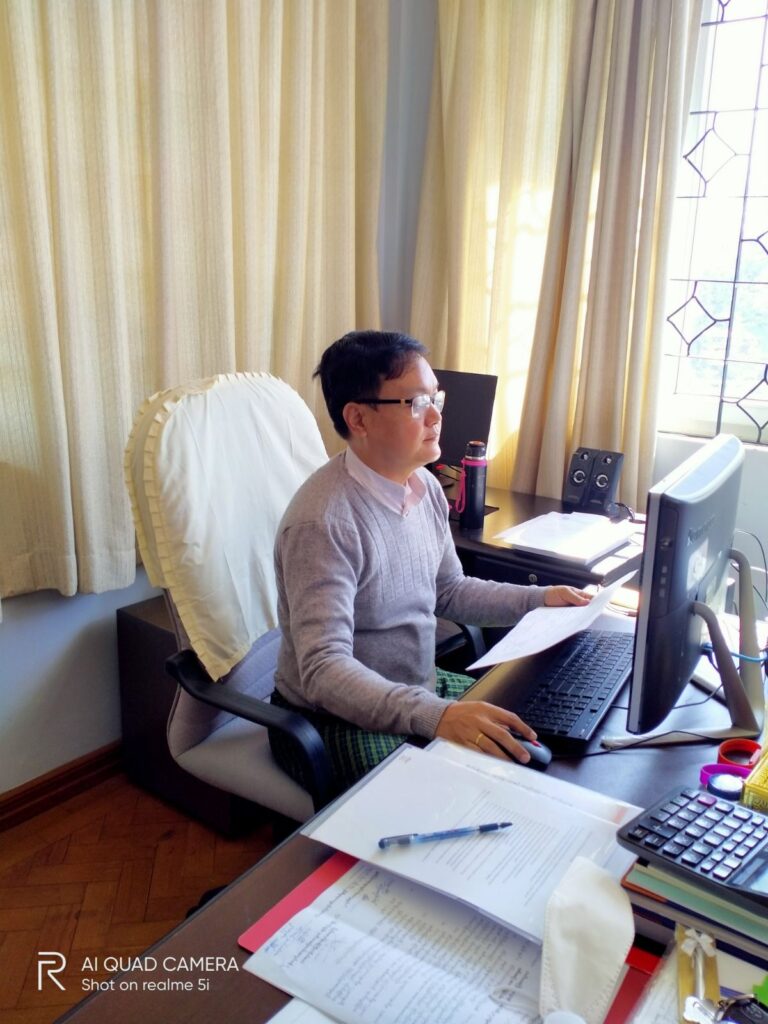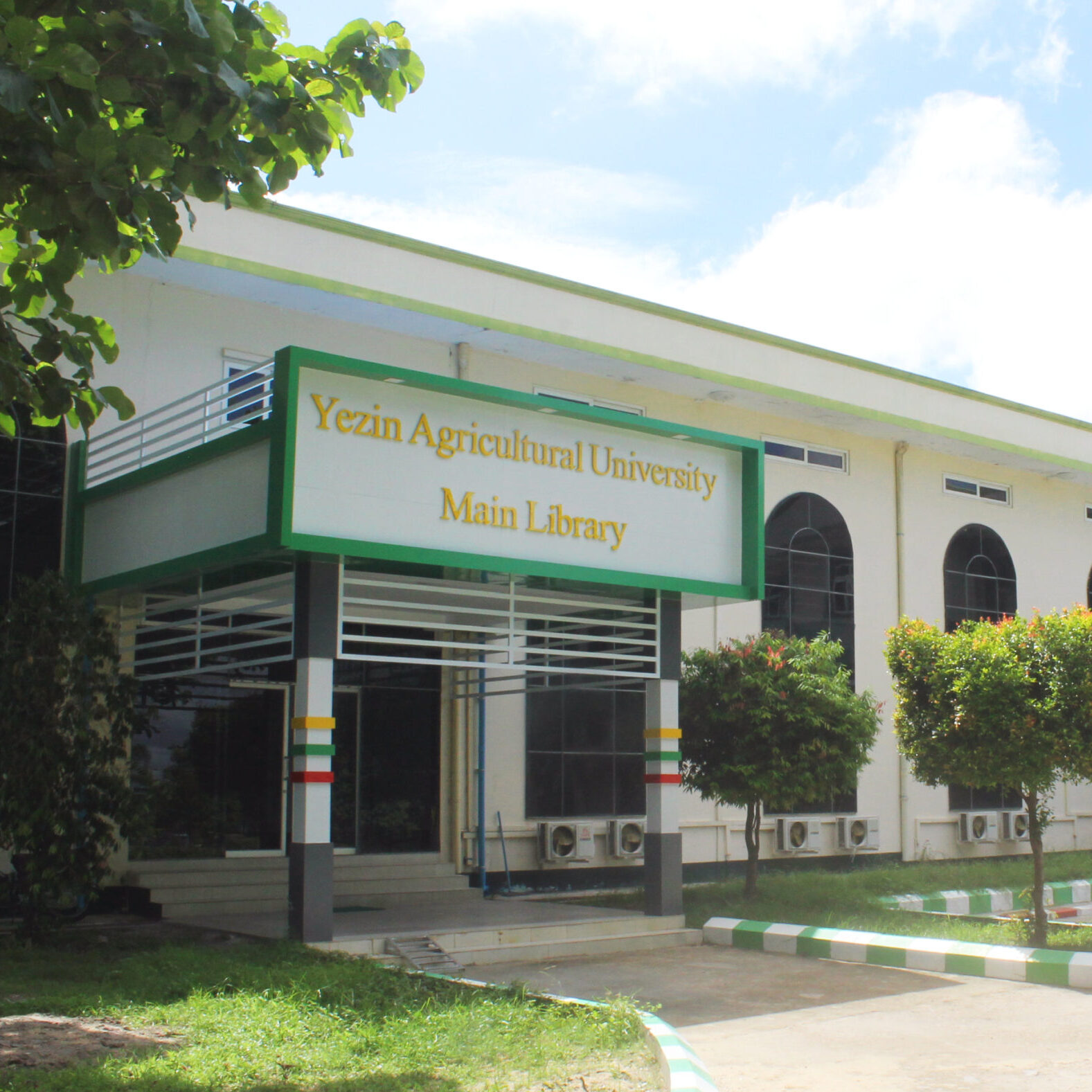How Research4Life changed the life of this university in Myanmar
This interview was conducted by Mugisha Come Emmanuel
Dr Nay Myo Aung recalls an old practice of signing up for a library card and roaming inside the building only to find outdated books to use as reference for his research project. For an academician like him, access to up-to-date sources is a necessity which few institutes can afford. For more than a decade, Research4Life has made this necessity a dream come true, and has become Nay’s go-to place.
Nay is an administration director at Yezin Agricultural University in Myanmar. He also teaches and supervises masters and doctorate candidates throughout their research projects. For him, Research4Life solves the problem of inaccessible reference materials commonly faced by any small university in any low-income country. “Our institution is a small university of a developing country, so we cannot subscribe to very well recognized journals from around the world. So for us, it is very important to use Research4life”.
Since 2007, Nay’s students rely on Research4Life to complete their degrees. “I ask them to go to Research4Life for their reference and literature review for their research,” he recounts.
Multiple subjects in one place
Nay underscores that access to Research4Life has been of paramount advantage not only for the students but also for the teachers and researchers, who can benefit from the up to 154,000 available through the collections. Apart from agriculture-related content, Research4Life also provides them with materials in both the humanities and hard sciences, which facilitates interdisciplinary research.
“For example, if you want to study microbiology, it is related to the environment and you will have to know about microbes,” Nay says. It is the wide range of subject areas supplied by Research4Life that makes navigation among disciplines possible for him and his students.
From inaccessible to available
The impact has been enormous, as Nay remembers. “Before 2007, we had to go to the library and we had a limited number of books and journals. It was a very hard time for us all, the researchers, the professors and the students of our university. We could not access expensive journals at the time.” But now, he adds, all teachers and students, both undergraduates and postgraduates, have to use Research4Life to complete their research. “Now we can produce many more masters and doctorate graduates.”
By 2010, Nay had completed his postgraduate studies from the University of Tokyo in Japan. At this institute he could access all prestigious journals freely. But not many universities from less developed countries can afford expensive resources, as he says.
“For students and professors who are living in developing countries, I encourage them to use Research4Life. By using it, they can easily finish their degrees and research.”
Beyond the wide-range access, Nay also credits Research4Life for making available the latest content, which is crucial in the fast-changing information-driven world. “If they access only the textbooks, it is limited and it is not updated. But if they access the articles written in the journals, they are the updated ones.”
On professional development
Nay cannot imagine conducting his own research projects without Research4Life. With a specialization in agriculture economics, he often explores topics of agriculture marketing and trade as well as environmental economics.
He adds that Research4Life has helped him and his university establish connections with researchers and institutes around the world. “We haven’t seen any researcher outside, but we know their names, we can connect through the articles.”
“We use journals from Research4Life in every article my students and I write. Without Research4Life, how could we access them?” Nay wonders, letting a grin on his face slowly come into view.
For a developing nation
Myanmar is an agriculture-based economy. Most of the population is employed in the sector which also boasts a share of about one fifth of total exports. This emphasizes the need for research works to improve the conditions of agriculture in the country.
It is for that reason Nay hopes for Research4Life to reach more agriculture institutes and allow users to save articles for offline use since internet connection fluctuates in most parts of the country which hinders full-time access.
Nay reflects on the time gone by of library cards and decades-old textbooks and states that “without Research4Life, it would be very difficult for researchers to accomplish their researches, for students to accomplish their degrees.”







